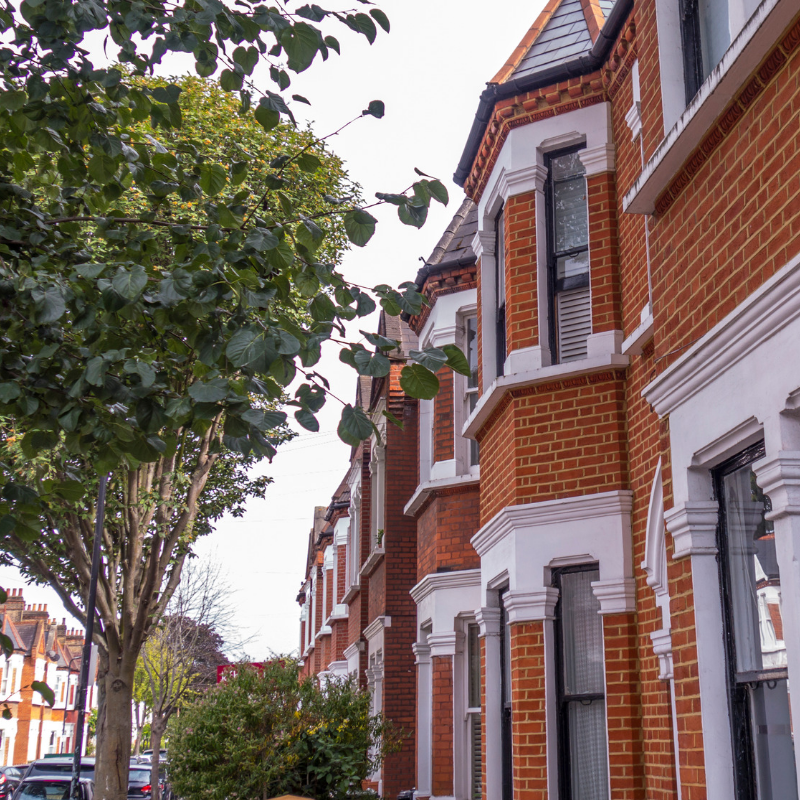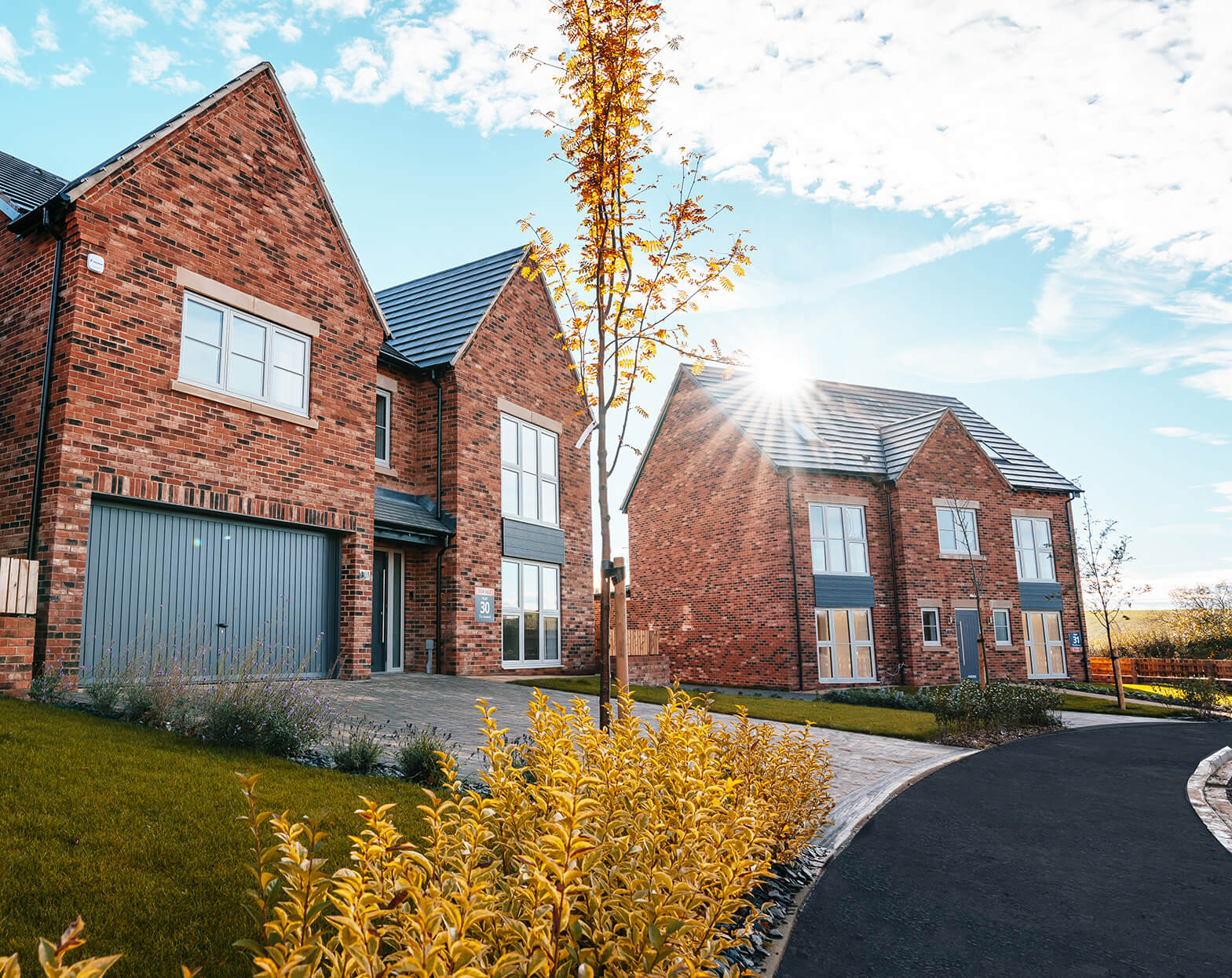How to invest in property: 9 questions you need to ask
Okay, so you’ve made the decision to invest in property. It’s the second main asset class after cash, so it’s probably going to be a good move, but that decision on its own won’t get you very far.
Property is one of the oldest – probably the oldest – form of investment and, not surprisingly, there are many ways of investing. Some of these will be entirely appropriate for your circumstance and investment goals but others could lose you money.
Before you decide which form of property investment is right for you, there are a number of questions you must answer.
1. Why do you want to invest in property?
It’s worth examining your reasons for wanting to invest in the property market for two reasons: it will help confirm that this is the right investment strategy for you and will help frame your answers to some of the other questions.
You’re certainly not alone in choosing property. According to the Wealth and Assets survey by the Office for National Statistics (ONS), about half (49%) of non-retired UK adults named property as the best investment. That made it the most popular investment option since 2010 and the proportion of people who still put property as the top investment has grown by 9% from 40% in 2010-2012.
There’s a good reason for this. UK house prices have been rising for generations. Between 2001 and 2017 in England and Wales they increased by more than 158%. It’s reckoned that the UK needs to build 300,000 new homes every year, but only 178,000 were completed in 2016/17. This mismatch between supply and demand puts continued upward pressure on house prices and, in its autumn 2018 Residential Property Forecasts, property expert Savills predicted a total house price growth of 14.8% at a national level over the next five years.
2. How much money do you plan to invest?
The answer to this question will go a long way towards pointing you in the direction of the kind of investment you should be looking at.
One of the most obvious ways to invest in property is to buy land and build houses on it. This, however, is likely to call for significant capital outlay.
It’s estimated that the cost of building a house in the UK currently ranges from £300 to £3,000 a square metre. Recent analysis has found that the average living space in a UK house is now 67.8sq m, not including hallways and staircases, so it could probably be rounded up to 70sq m, which gives an average build price of between £21,000 and £210,000, depending on the location.
Similarly, buying an existing property to improve it and sell it on, or rent it (buy-to-let) means you need to have – or be able to borrow – several tens of thousands of pounds, or even hundreds of thousands.
Buying shares in property companies or funds, however, can realistically be done for a few hundred pounds and investments can be made in a property JV for £1,000.
3. What level of risk are you happy with?
People have different attitudes to risk, depending on their personality and circumstances. Somebody with a few years to go before retirement can probably be more adventurous than somebody who is about to rely on pensions and savings.
Property investments can range from the risky to the relatively safe. For example, buying a house and improving it often makes a loss, particularly for the inexperienced investor, who may have paid over the odds or underestimated the cost of work required. Buying shares in a property JV on a recognised online co-investment platform on the other hand, means investing alongside experienced investors in an asset which will be secured against the property.
4. How long do you want to tie your money up for?
Getting into property development yourself can be a lengthy process by the time you have acquired the land and secured the necessary permissions, even before building starts. Other property investments are also not as liquid as they may appear. In theory, property funds allow you to get hold of your money at short notice, but a number or investors found out the hard way that that’s not always the case when, in 2016 in the wake of the Brexit referendum result when there was a rush for redemptions as people sought to get their money out. But, the shares were ultimately based on properties and properties can’t be sold instantly. Property funds run by Standard Life, Columbia Threadneedle, Janus Henderson, M&G, Aviva and more suspended withdrawals.
A property JV usually operates on a timescale of 18 months to two years.
5. How much experience do you have?
Some types of property investment are definitely not for the beginner. Obviously any kind of project which involves direct involvement in property development calls for significant experience, expertise and good contacts.
Even with buy-to-let, it’s necessary to have a pretty good knowledge of, one the one hand, local property values and, on the other, your local rental market. You need to be sure you’re not paying over the odds for a property in the first place and that it’s suitable for the kinds of people looking for rented accommodation in that area. Also, you need to be acquainted with all the rules, regulations and taxes that that apply renting out property – or be prepared to pay people who are expert.
The inexperienced investor is advised to look at some form of indirect investment, such as shares in a property fund or JV.
6. How much involvement do you want to have with your investment?
Just as building, improving and buy-to-let call for experience, they also tend to demand a high degree of involvement. That’s fine, if you’re keen on DIY or have similar practical skills and a lot of spare time. But, if your talents don’t lie in that direction, or if you have a job or a business to run, then you’ll either have to avoid these kinds of investment, or be prepared to pay somebody else to do the hands-on stuff. With buy-to-let, for example, there are plenty of highly competent agencies which will market your property, maintain it, collect the rent and liaise with the tenants, but they will charge you a fee for doing so, which, of course, reduces your return.
Again, some form of indirect investment, such as share in a housebuilder, a property fund, or REIT, or an equity stake in a property JV, will spare you this kind of hassle.
7. How diversified are your investments?
It is a sound principle that any investment portfolio should be diversified. In other words, that you don’t put all your eggs in one basket. So, equities should be spread across a number of sectors and should be balanced with holdings in property, cash and commodities. Assuming you have sensibly chosen to commit some of your portfolio to property, you should also seek some diversification within that asset class. This is not easy if you have gone down the buy and refurbish or buy-to-let route, unless you have considerable capital to deploy.
However, if you select property JVs you can spread a number of different investments across several types of development projects in various parts of the country.
8. Have you taken tax into account?
The return on any investment can be materially affected by tax.
The government deliberately reined in the buy-to-let sector with tax changes, introducing an additional 3% Stamp Duty charge for second homes, reducing some of the tax reliefs available to property investors, and introducing new underwriting rules to make it harder for investors to raise the funds to finance property acquisition.
This has made buy-to-let significantly less attractive. A Residential Landlords Association survey in 2016 questioned 2,883 landlords and found that a no fewer than 58% were considering reducing investment in their property portfolios as a result of these changes and Savills found that mortgaged buy-to-let market purchases have fallen by 43%.
9. What returns are you looking for?
Obviously, you will want to maximise the returns from your property investment – in so far as those returns are not at the expense of taking you out of your risk comfort zone.
Certainly property investment can be rewarding.
In the US, Yale University’s endowment fund has grown from US$5.8bn to US$27.2bn over the last 20 years and produced a 12.1% return with help from substantial investments in private real estate. It allocated 10% of its portfolio to real estate in the fiscal year ending June 2017, but this went as high as 20% in 2013.
But some property investments give better returns than others. The average rental yield on a UK buy-to-let at the end of the third quarter of 2016 was 4.4%, according to the Kent Reliance Buy to Let Britain report. On the other hand, returns from property crowdfunding, such as JV property investments, can be more than 12%. Also, some platforms have permissions to offer Innovative Finance ISAs, letting investors earn income tax-free.
You choose
Hopefully answering these questions will help you select the most appropriate property investment opportunity for you.
%20(3)%20(2).jpg)











